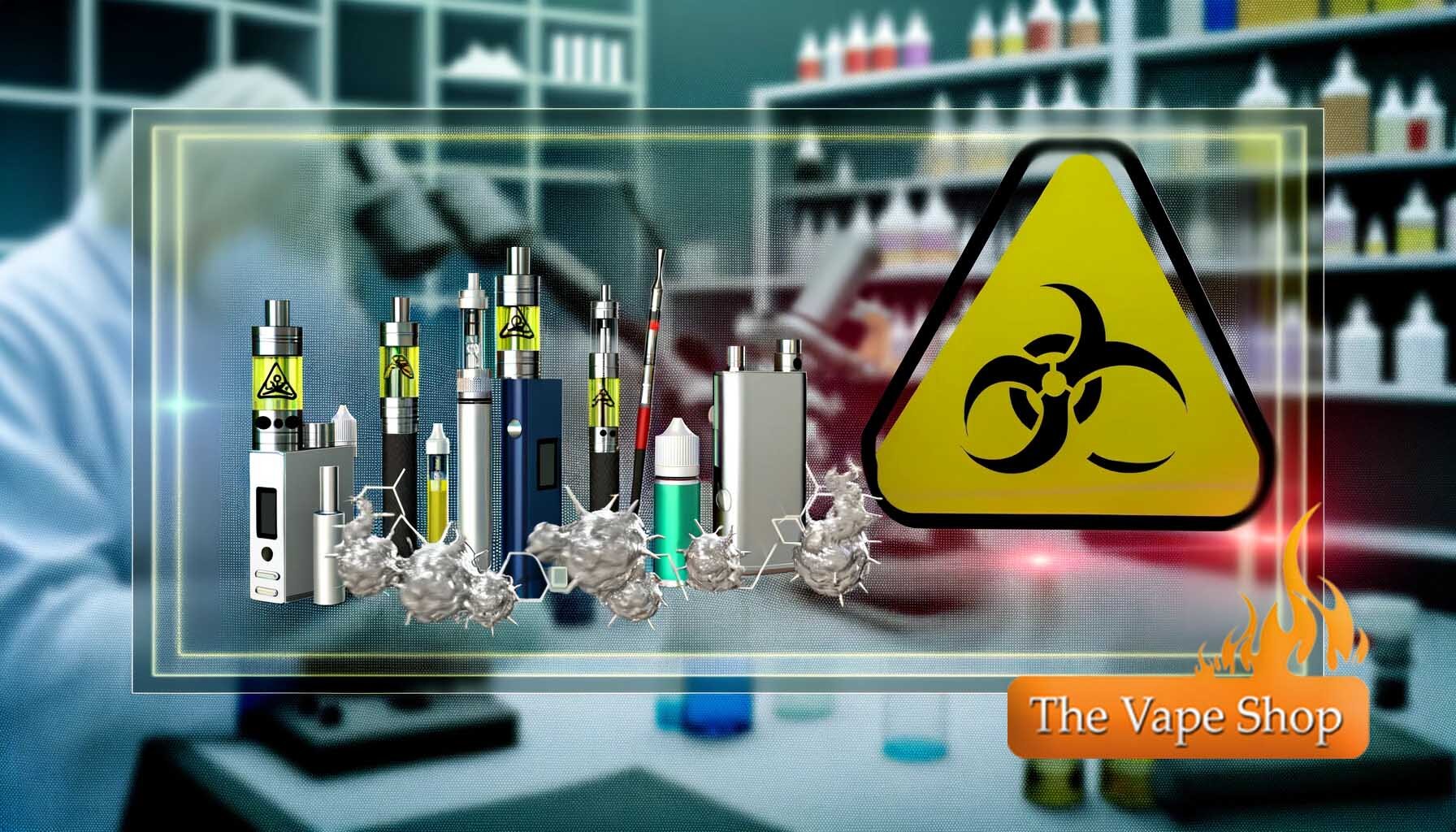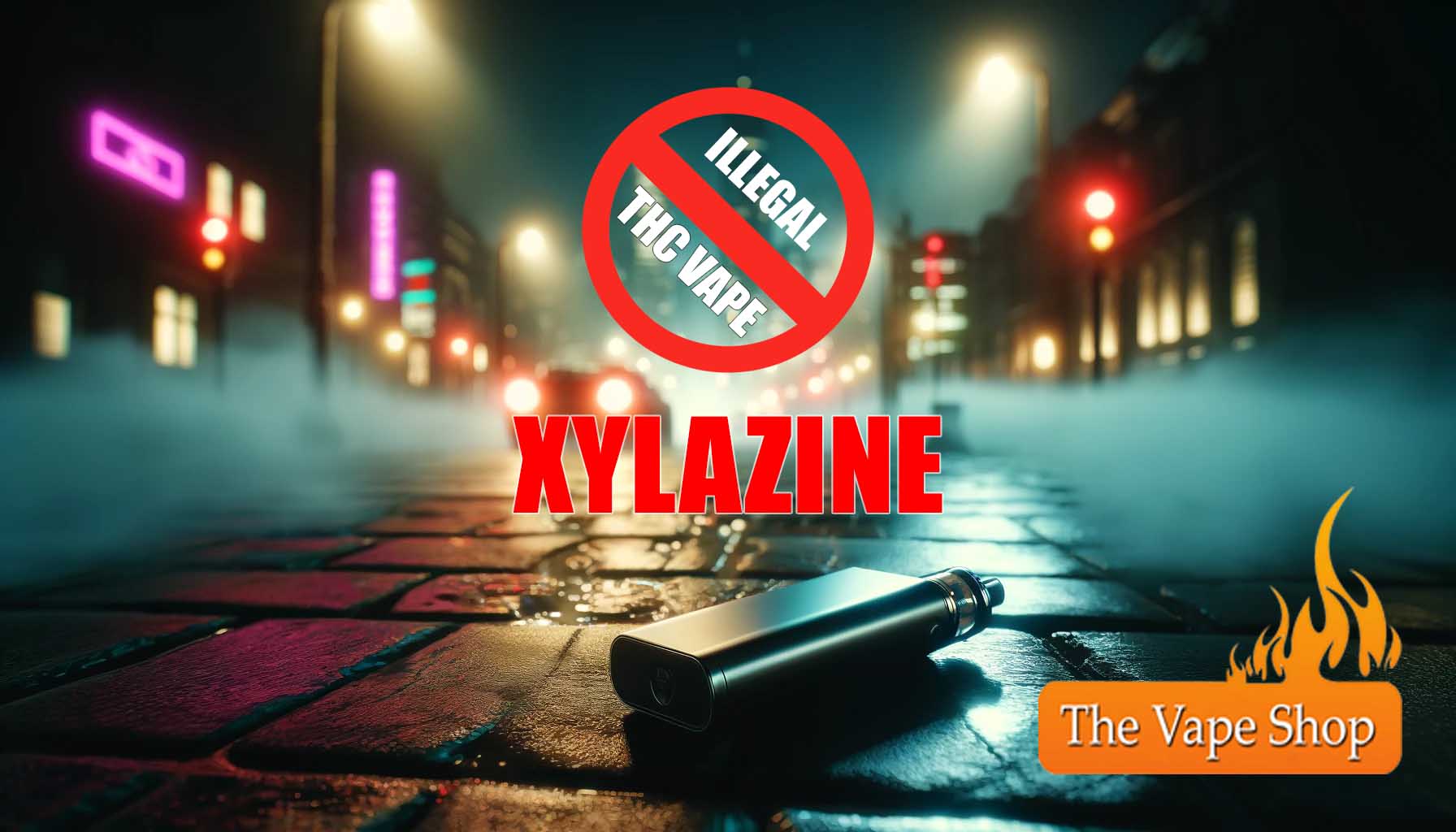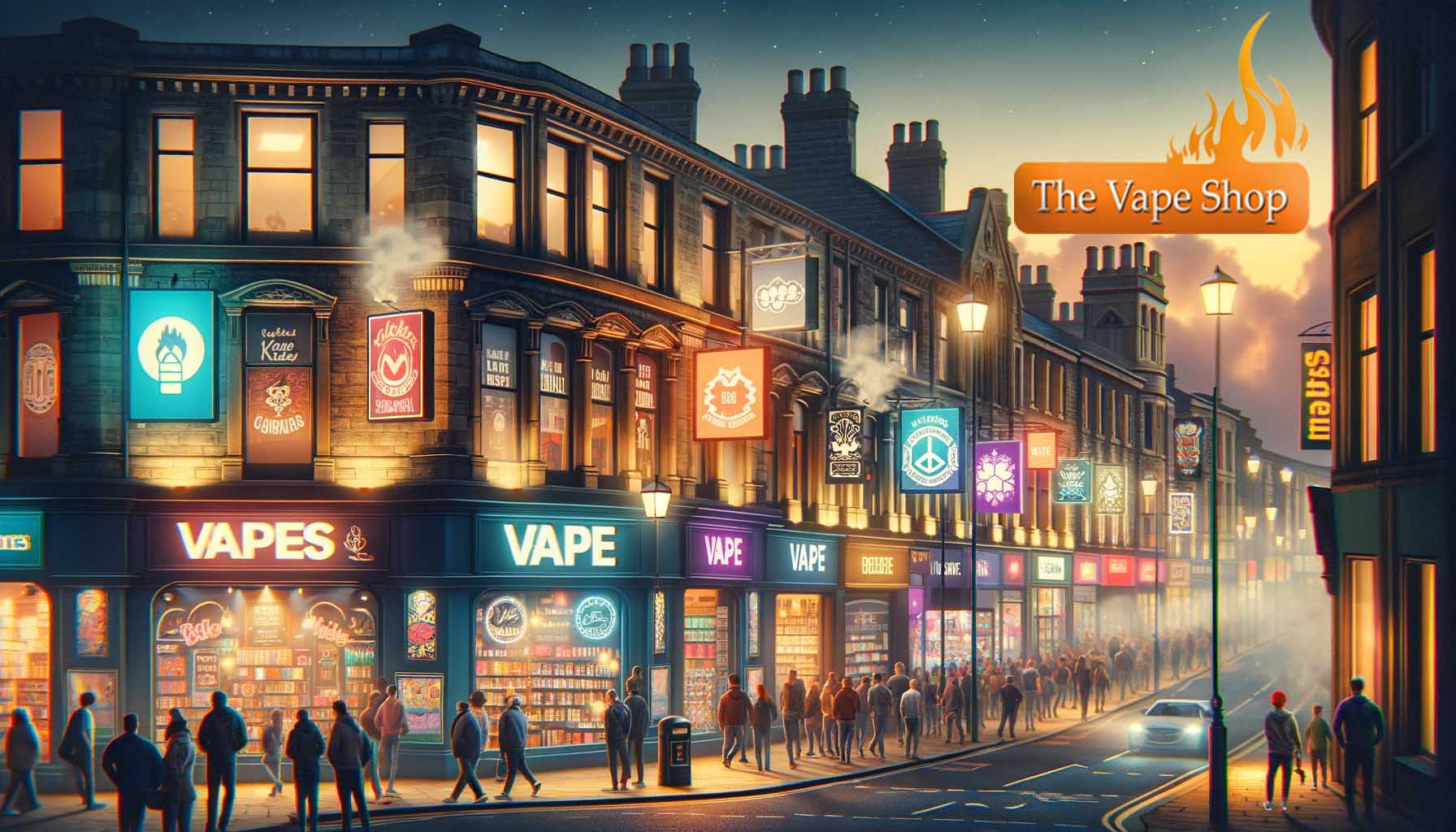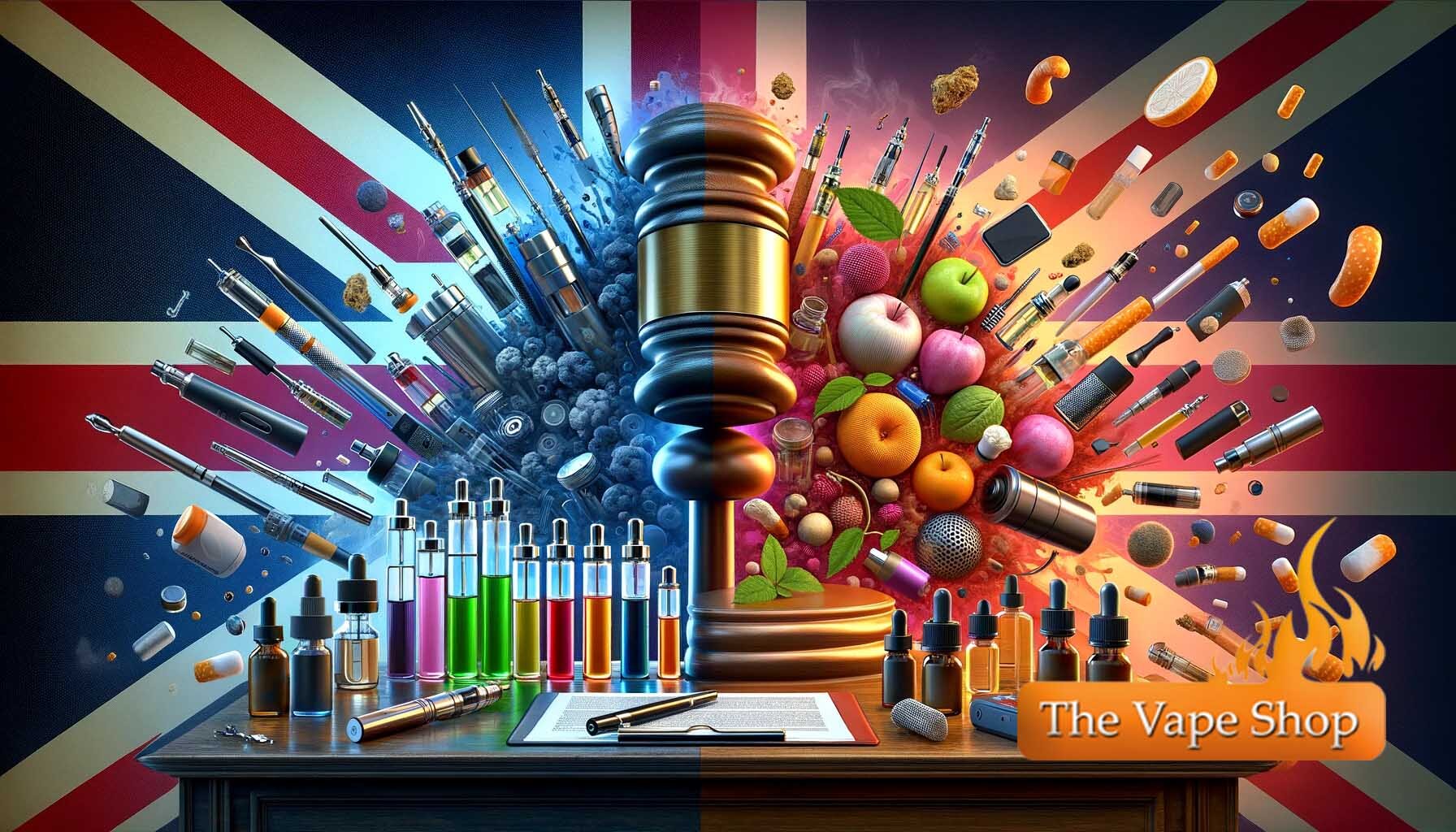Investigation Unveils Toxic Metals in Vapes Seized from Students, Amplifying Health Concerns
In an eye-opening examination conducted at a Kidderminster school, analysis of vaping devices confiscated from students has revealed alarmingly high concentrations of toxic metals such as lead, nickel, and chromium. This discovery underscores the grave risks associated with the consumption of illicit vaping products, a growing concern that highlights the necessity of purchasing from reputable vendors.
Baxter College initiated the probe after noticing an uptick in vaping among its pupils, with the devices subjected to rigorous testing at the Inter Scientific laboratory in Liverpool. Astonishingly, the laboratory’s analysis indicated that these vapes, most of which were unauthorised for sale in the UK, contained metal levels far exceeding the daily safety thresholds. Specifically, the investigation found lead quantities more than double the acceptable limit and nickel concentrations ninefold higher, posing a significant threat to users’ health.
The implications of these findings are dire, particularly for young individuals. The World Health Organisation warns that elevated exposure to lead can severely impair cognitive development and damage the central nervous system. Moreover, the presence of nickel and chromium, both known allergens, along with carbonyls that decompose into hazardous compounds such as formaldehyde, heightens the risk of cancer and cardiovascular issues.
David Lawson, co-founder of the testing laboratory, expressed his shock over the results, marking it as an unprecedented case in his 15-year career. The alarming levels of contaminants, he notes, breach all regulatory standards, underscoring the perilous nature of these untested products.
The revelations come at a crucial time, with the UK government’s decision to impose taxes on vaping products by October 2026. Experts caution that this could inadvertently fuel the black market, leading to a surge in the availability of these dangerous unregulated vapes.
Current regulations require all e-cigarettes and e-liquids to be registered with the Medicine and Health Care Products Regulatory Agency (MHRA). However, the agency’s limited authority over unregistered items and the reliance on self-reported data from manufacturers present significant challenges in curbing the distribution of illicit vapes.
In light of these findings, there’s an urgent call for heightened vigilance among consumers, particularly parents and guardians. The easy accessibility of these harmful products to minors, despite the legal age restriction, underscores the need for concerted efforts to safeguard public health. As the government pledges £3m towards combatting the sale of illegal vapes, the situation demands immediate action to protect the youth from the insidious threat of contaminated vaping products.














